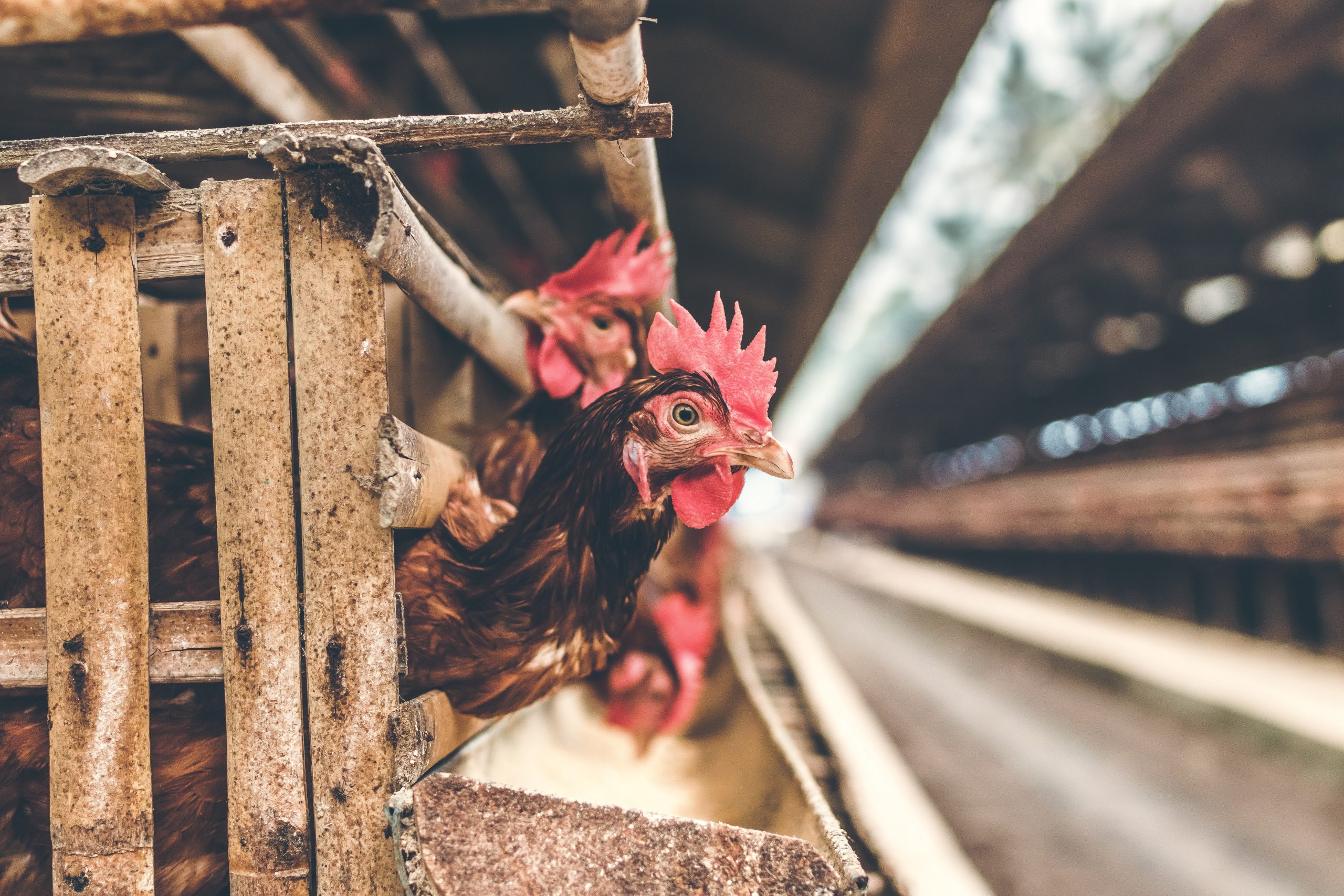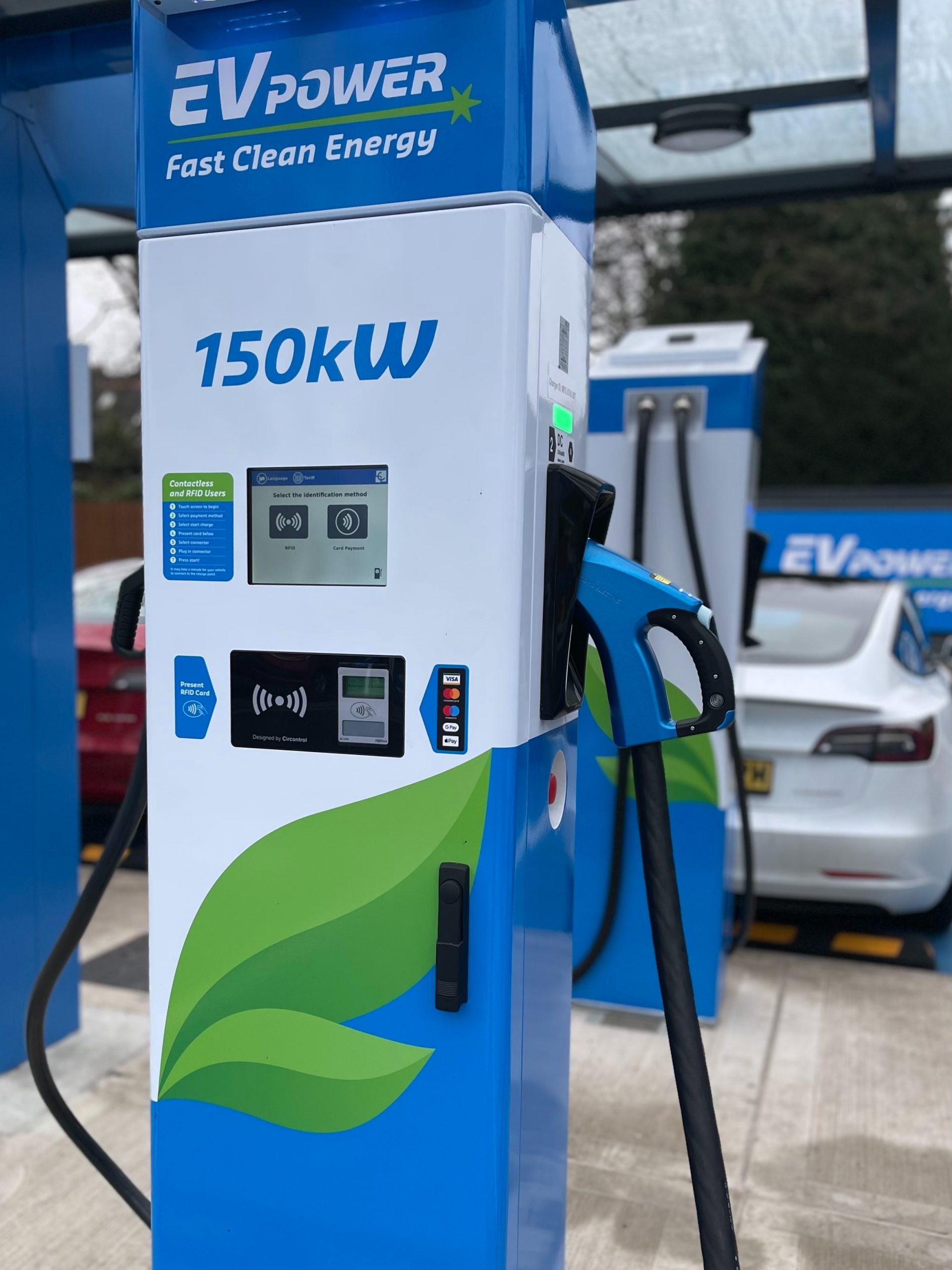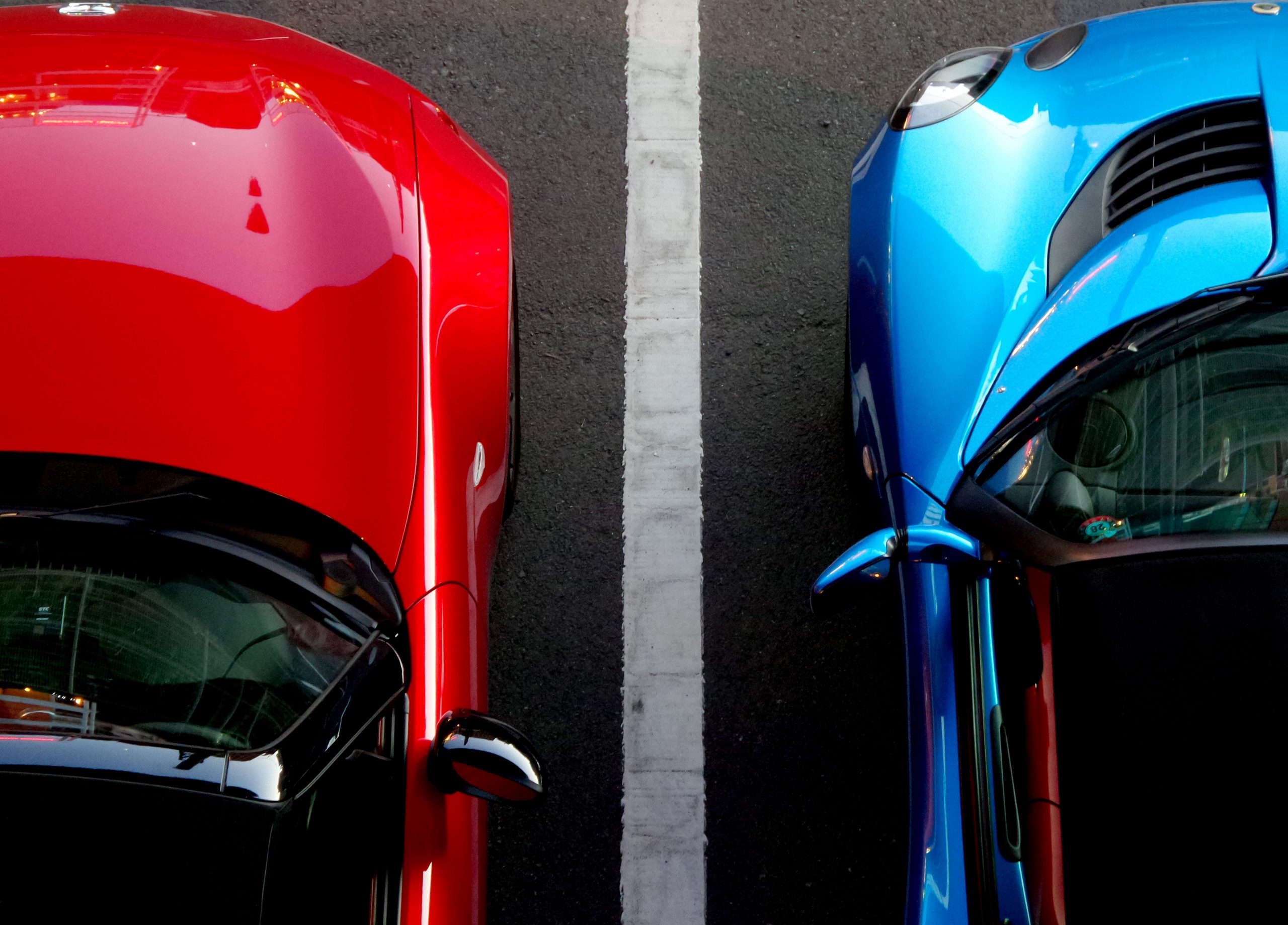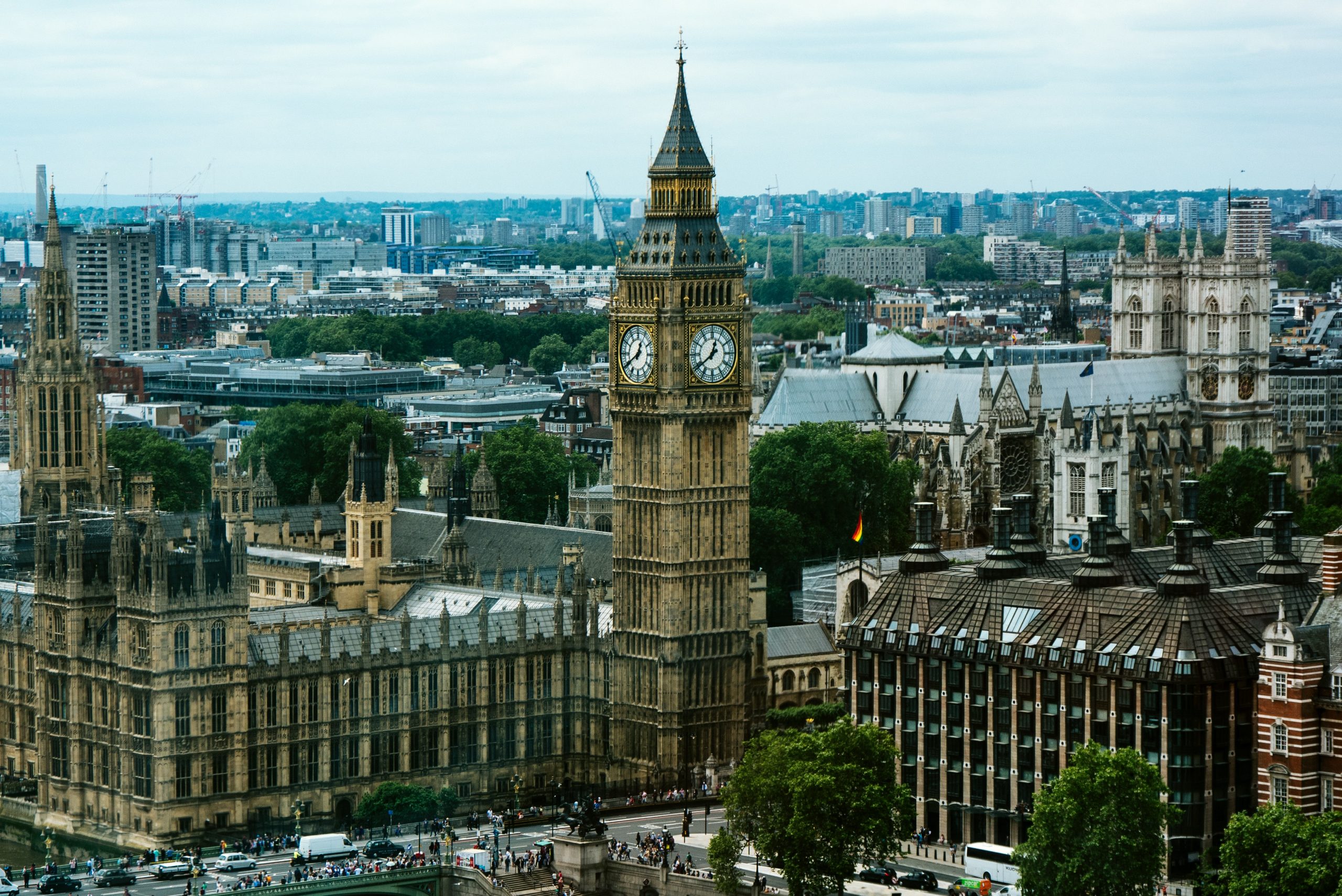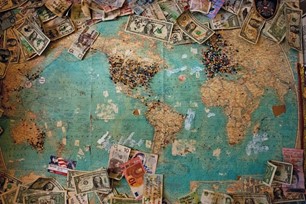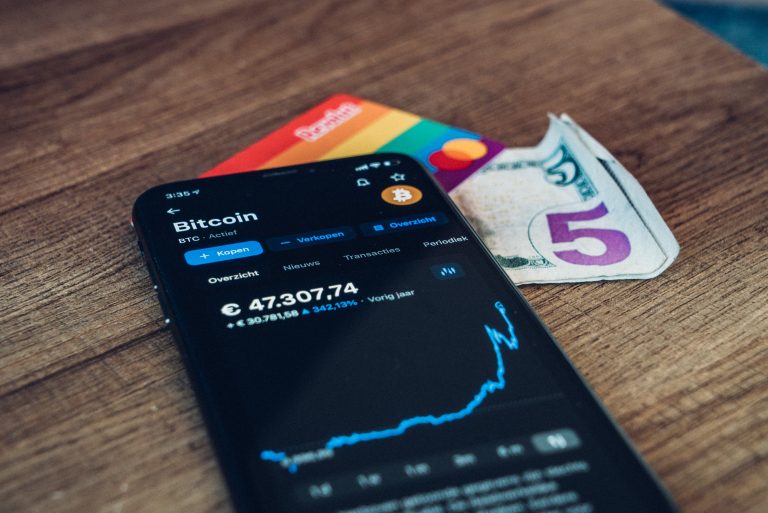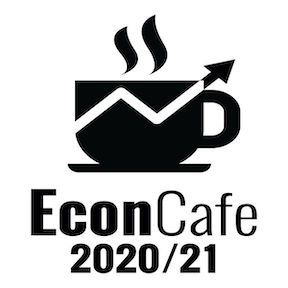Is Libra Money? Depends on Where in Credit Cycle We Are
“What institutions build, they can destroy.” Anonymous
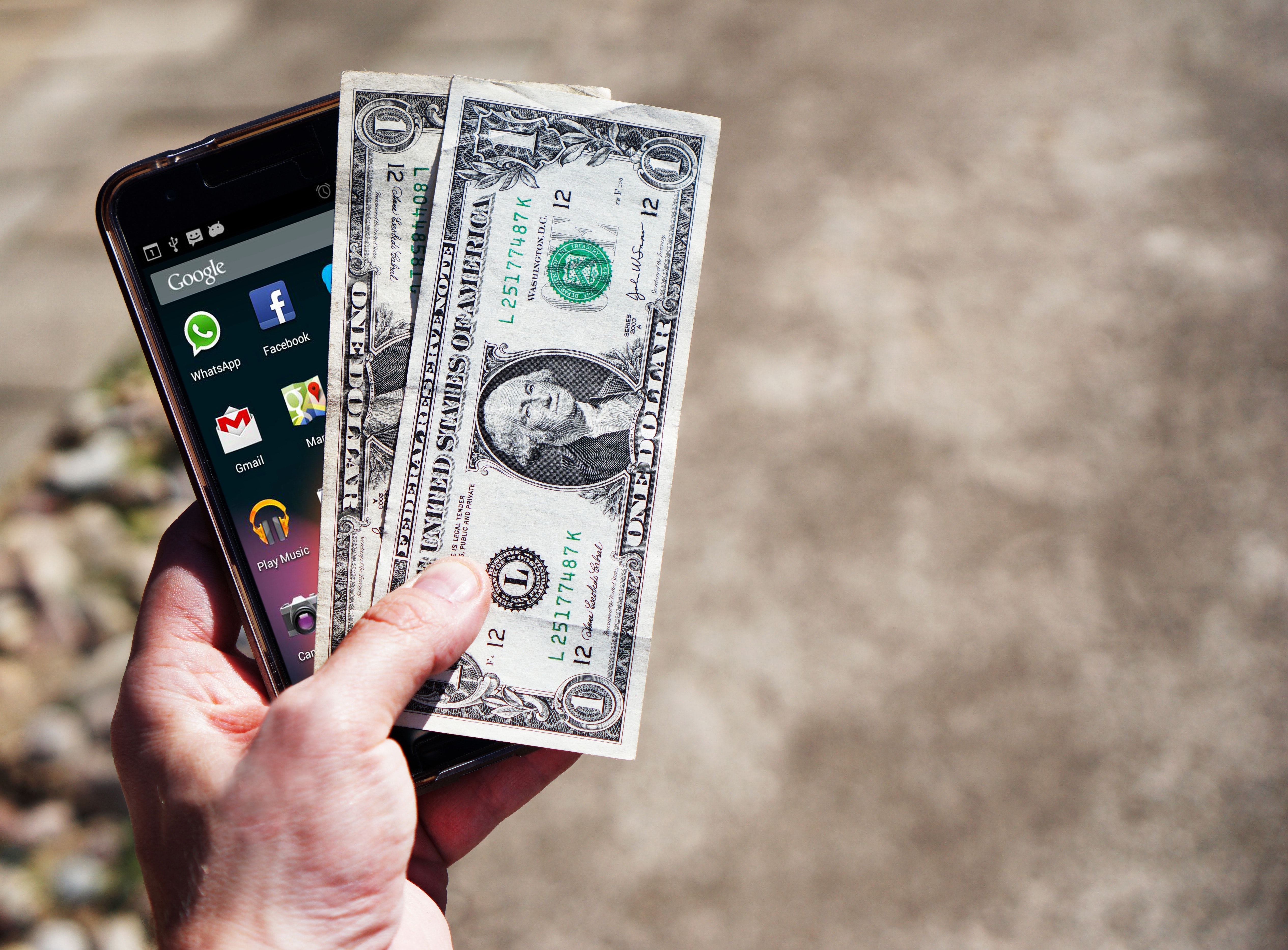
Mark Zuckerberg’s testimony to Congress on October 24th, 2019, created anxieties on whether Facebook would circumvent financial regulators as it readies its planned cryptocurrency, Libra. This concern by policymakers was logical, given the magnitude of the 2008-09 global financial crisis and its effects on the international monetary system. The company’s promise to move forward with Libra only when they had explicit approval from all U.S. financial regulators seem to calm some of those fears. However, a more fundamental enigma at the heart of Libra is a classical puzzle in monetary economics of what is the nature of “money” and its relationship with the payment system. When examining Libra, we have too often overlooked the fact that although the medium of exchange and the means of payments coincide with each other when the financial condition is stable, they are not the same. In doing so, we have lost some valuable insights into Libra’s state during a financial crisis.
To shed some light on this mystery, let’s start by focusing on the technical definition of the monetary system, which is money plus the settlement mechanisms to execute payments. In mainstream economic literature, the focus is totally on money and its role as a “medium of exchange.” Therefore, as long as people “trust” Libra and use it to purchase goods and services, the monetary system should work seamlessly. During economic and credit expansion, when the financial market is elastic, mainstream interpretation of the monetary system seems to work. The problem is that during the financial crisis, guaranteeing this trust is a complicated task. Under these circumstances, the precondition for a well-functioning monetary system is the trust that payments will be executed, and the object functioning as a medium of exchange is convertible to the means of final payments.
This condition has substantial implications for the position of Libra in the future financial crisis. On the one hand, alongside regulatory agencies, central banks’ role in backstopping the payment system becomes critical in securing convertibility and trust. On the other hand, Libra is a decentralized currency that is issued by private entities. Therefore, when confidence evaporates in the financial market, it is very likely that Libra cannot be converted to the means of final payments unless it receives a public bailout. The hiccup is that in the process of understanding Libra as a form of money, we have too often ignored the more intangible aspect of the monetary system- the payment system. The danger is that the public will pay the bill.
Discussion Questions:
- In your opinion, why do standard economic theories tend to overlook payment systems in their models?
- What is the prerequisite for Libra to continue its function as a currency when a severe financial crisis hit the economy?

